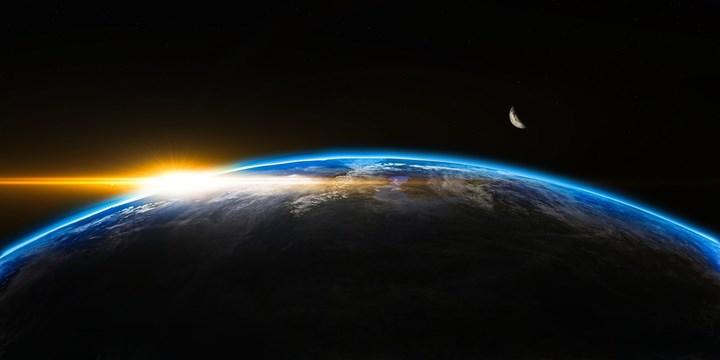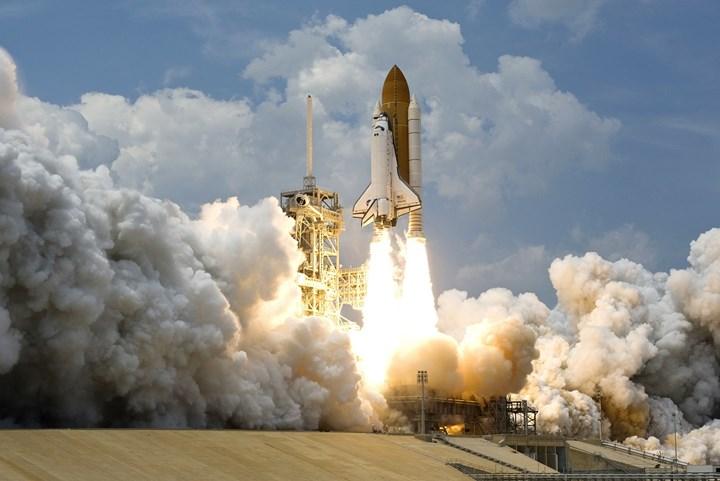
Researchers at the University of London Academy (UCL), Cambridge University and Massachusetts Institute of Technology (MIT) have modeled the climate impacts of space tourism, which is expected to increase further in the future. The team used data from rocket launches in 2019 to calculate the effects.
The effects of space tourism on climate
The team, which conducts research on the environmental impact of space tourism, gathered information from a total of 103 rockets launched in 2019. Black carbon (soot) particles emitted from rocket launches and reentry to our planet have been found to be approximately 500 times more effective at trapping heat in the atmosphere than any other source of soot (surface and aircraft).
The study shows that while the total ozone loss caused by rockets is minimal, the increasing interest in space tourism may cause depletion of the upper stratospheric ozone layer in the Arctic in the future, especially in the spring. The team cites solid-fuel rockets and reentry heating of the returning spacecraft as the cause. It was also stated that pollutants from debris had a negative impact on stratospheric ozone.

Co-author of the study, Dr. Eloise Marais: “Soot particles from rocket launches have a much greater climate impact than from airplanes and other sources. We need expert debate on the best strategy to regulate this truly fast-growing industry right now.” said.
Modeling was used to analyze the effects
Data collected from 103 launches as part of the study was incorporated into a 3D atmospheric chemistry model to investigate the impact on the climate and ozone layer.
Studies show that the heating from soot is 3.9 mW m². However, due to the use of kerosene by SpaceX and hybrid synthetic rubber fuels by Virgin Galactic, warming is expected to more than double (7.9 mW m-²) within three years of the start of space tourism.

The team said that under the scenario of daily or weekly rocket launches for space tourism, the impact on the stratospheric ozone layer could threaten the successful results achieved by the Montreal Protocol, which imposed a global ban on ozone-depleting substances.
Co-author of the study, Dr. Robert Ryan: “The only part of the atmosphere that showed strong ozone recovery after the Montreal Protocol was the upper stratosphere, and that’s exactly where the impact of rocket emissions will hit the hardest. Prior to the studies, we didn’t expect to see ozone changes of this magnitude threatening the progress of ozone recovery.” made statements.
The team says that the study could be the first step in the arrangements that need to be made to minimize the damage to the stratospheric ozone layer and climate due to space tourism.
- Home page
- Popular Science
- Space News
- Space tourism has harmful effects on the ozone layer and climate.